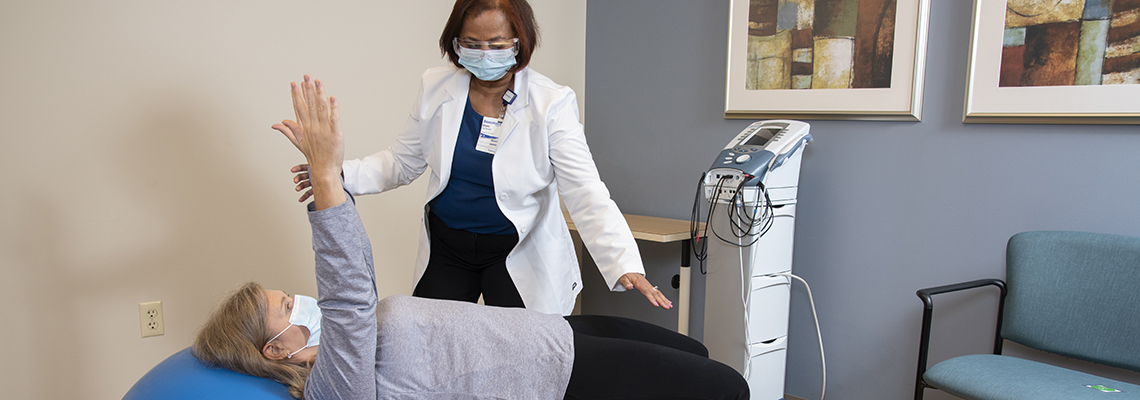Improving Rehab Results Through Efficient Functional Motion Assessment Protocols
Improving Rehab Results Through Efficient Functional Motion Assessment Protocols
Blog Article
Functional Movement Screening (FMS) is a beneficial instrument used to assess an individual's mobility patterns. This assessment helps determine any deficiencies or imbalances in the musculoskeletal system, which can lead to harm if not addressed. In recovery settings, FMS can serve a crucial role in enhancing rehabilitation outcomes. By comprehending how each person moves, healthcare professionals can develop targeted rehabilitation plans that focus on enhancing strength, mobility, and overall performance.
One of the key advantages of using FMS in rehabilitation is its capability to pinpoint particular areas that need improvement. For instance, if a patient has difficulty with squatting or lunging, it may indicate a lack of flexibility in their hip joints or ankles. This data allows clinicians to create customized exercise programs that emphasize correcting these deficits. As a consequence, patients are more likely to regain their power and ability, which is essential for resuming to daily activities or athletics.
Incorporating efficient FMS protocols can also assist avoid future harm. Many injuries happen due to poor movement patterns or excessive use of certain muscle groups. By screening patients before they begin a rehabilitation plan, clinicians can identify hazards and establish strategies to minimize them. Informing patients about proper movement mechanics and strengthening weak aspects can lead to long-term benefits, promoting that they stay active and healthy.
Additionally, the use of FMS can enhance communication between healthcare professionals and clients. When patients see their mobility mechanics assessed and explained, they gain a clearer comprehension of their rehabilitation process. This clarity fosters confidence and motivates click over here patients to take an active role in their rehabilitation. By involving patients in their recovery process, they are more likely to adhere to recommended activities and behavioral changes find out that promote better results.
In summary, improving recovery outcomes through efficient operational mobility screening procedures is essential for both clients and healthcare providers. By accurately evaluating movement patterns, clinicians can create tailored recovery plans that address specific requirements. This not only facilitates in recovery but also assists avoid future injuries. As patients become more involved in their recovery journey, they are likely to attain their objectives and maintain a fit, active lifestyle.